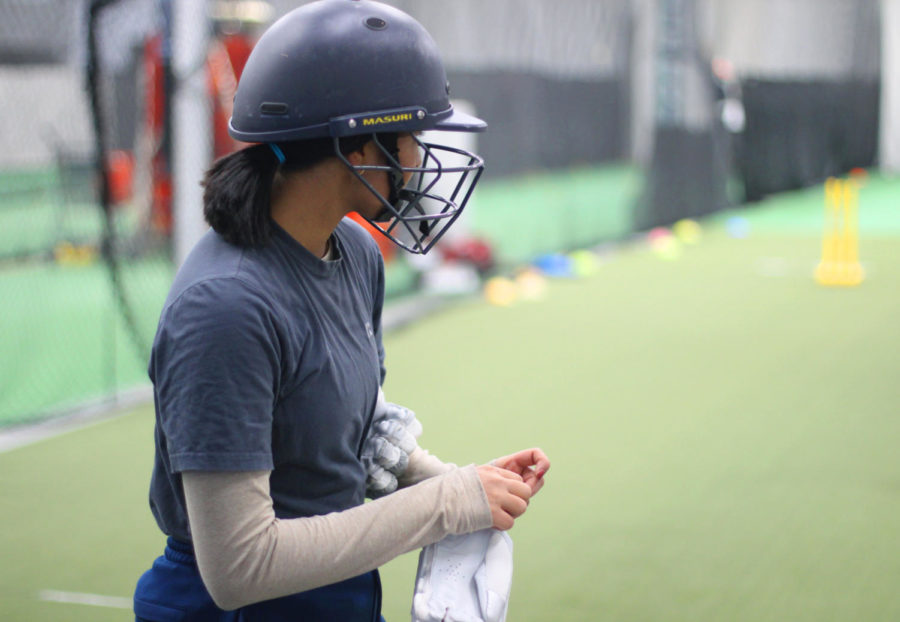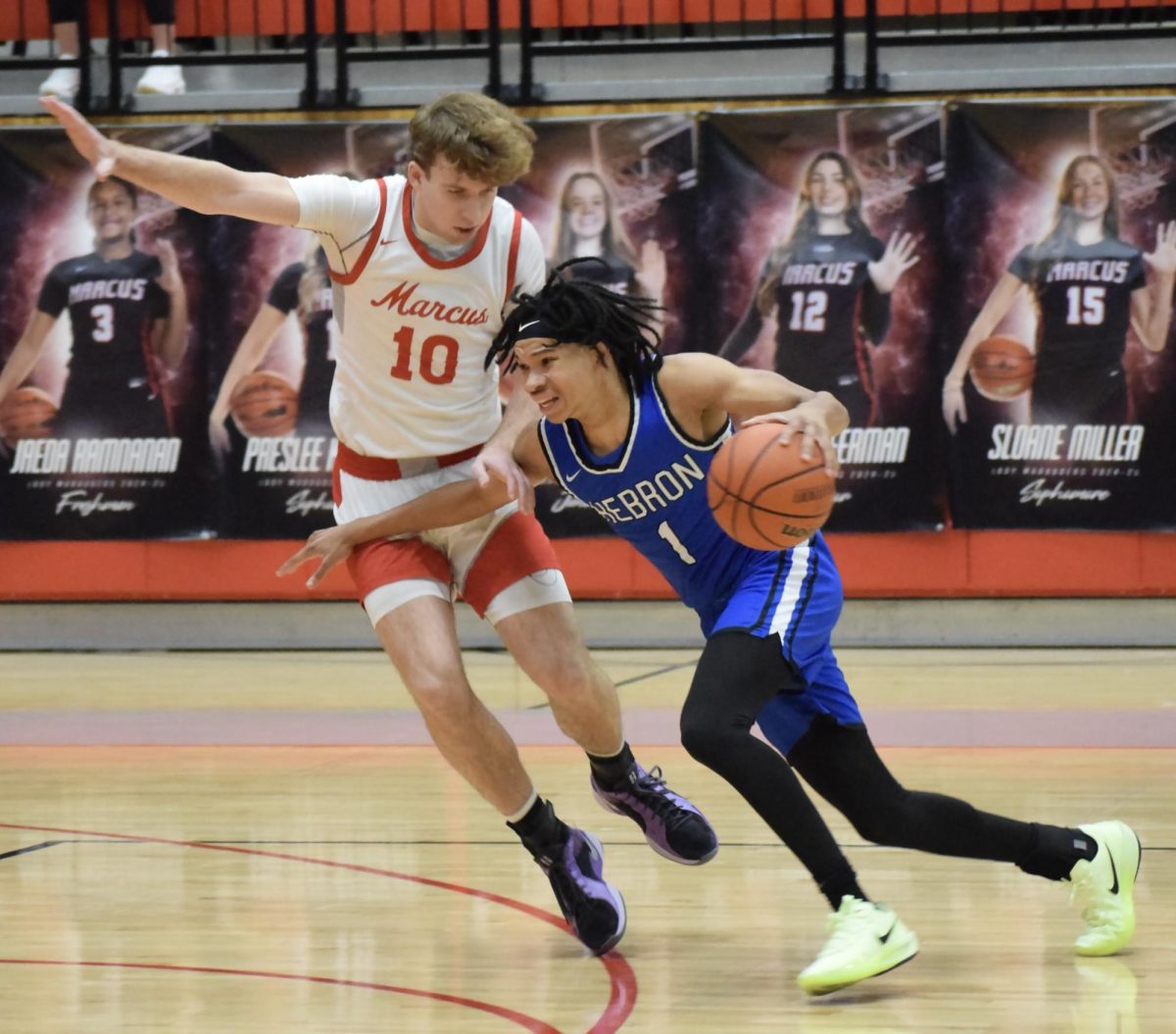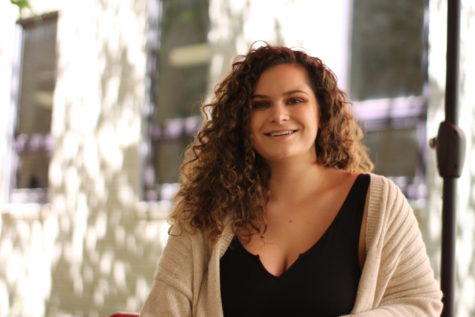The smell of Masala wafted from the kitchen when junior Mahika Kandanala’s dad, Venket, asked her if she would help him practice batting. In a large opening just inside the house’s front door, Venket instructed Mahika to help him practice cricket by throwing a tennis ball at the wall behind her dad as hard as her seven-year-old body could. Her dad would then try to hit it with his bat. If he didn’t, it would be the equivalent of a dismissal, getting out.
Her dad got into position as Mahika hurled the tennis ball at the wall. Venket swung, but Mahika’s pitch was too good. The tennis ball collided with the white wall, producing a solid thump.
Pride shone on Mahika’s young face. She loved the feeling that came along with success, even success so small. She began to crave that feeling. Soon, Mahika was the one asking to practice with her dad.
Venket saw a great deal of potential in his daughter. As she got older, he guided Mahika on her way to becoming a nationally recognized athlete.
During this time he noticed just how much effort she was putting into her training. She began staying up late, so she could practice often and still keep her grades up at the same time.
• • •
A 13-year-old Mahika stood on the pitch in the third man position. She was anxiously shuffling. When she played third man, she got very few balls.
Her movements were slow and rigid. Uneasiness caused her usual talkativeness to disappear on the field. As the only girl playing, feelings of inferiority and intimidation overwhelmed her.
Then, Mahika was instructed to move positions and be a bowler—similar to a pitcher in baseball.
Mahika took a deep breath. Then, she let the ball fly just like she had with her dad years before. She bowled extraordinarily well for her age and experience level. Her movements became smoother and quicker as she gained confidence.
“I’ve always felt like I don’t fit in,” Mahika said. “But when I play, that’s my home.” Because she grew up in a home where there was an unspoken pressure to know exactly what she wanted to do in life, Mahika felt the weight of expectations bear down on her. She had finally found her escape from the pressure. The challenge of the game gave Mahika something to work towards and helped her with her self confidence and sense of belonging.
“It really helped me learn to love myself,” Mahika said.
After much more hard work to improve her skill and fitness level, Mahika was contacted by the national women’s cricket team. This came as quite a shock since she was only 14.
“To represent your country, it’s a big honor,” Venket said.
As the initial shock passed, her father felt that Mahika has always proved that despite her age, she belongs on the team just as much as her older teammates.
By joining the team, she became the best high school cricket player in the nation. She won an award for being the Best Bowler in a U.S. tournament and another award for Best Fielder in an international tournament played in Canada.
“I never really felt that I was really good at anything,” Mahika said. “To make it at that level just validated me.”
Today, Mahika is still the youngest on the team which includes the top 27 players in the country, and travels across the nation for matches. She plans to have a career as a professional cricket player after she graduates high school. Her family is encouraging and accepting of this decision.
“As a professional, we will 100% support her,” Venket said.
This summer, Mahika is traveling to England to play. While in England, she hopes to get scouted by WBBL, an Australian cricket franchise. Another goal of hers is to represent America at the 2024 summer Olympics.
“[Cricket] is something I’m willing to dedicate my entire life to,” Mahika said.











